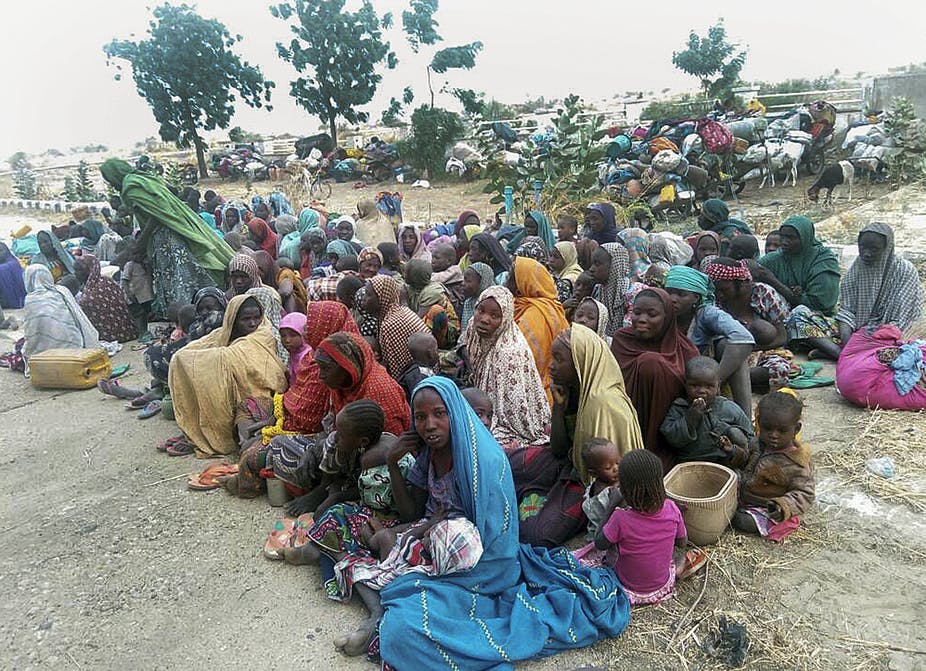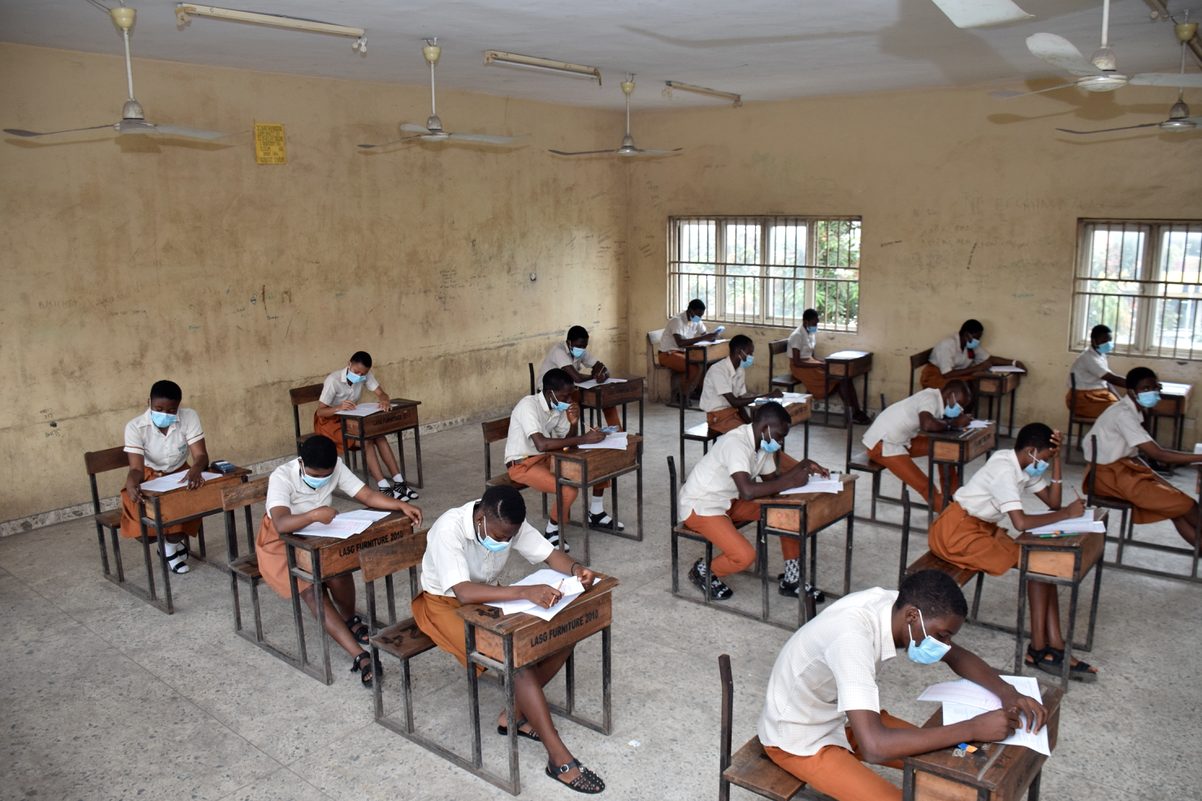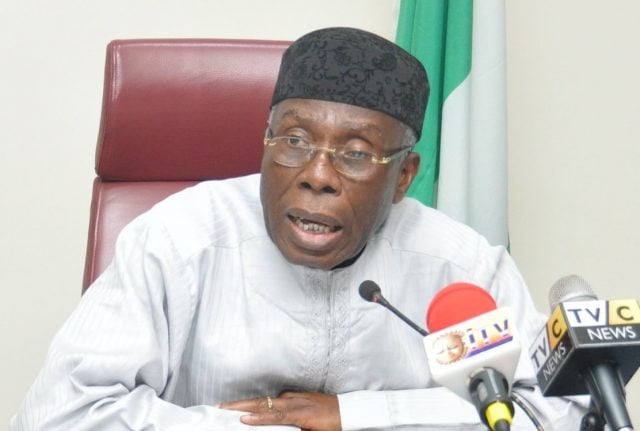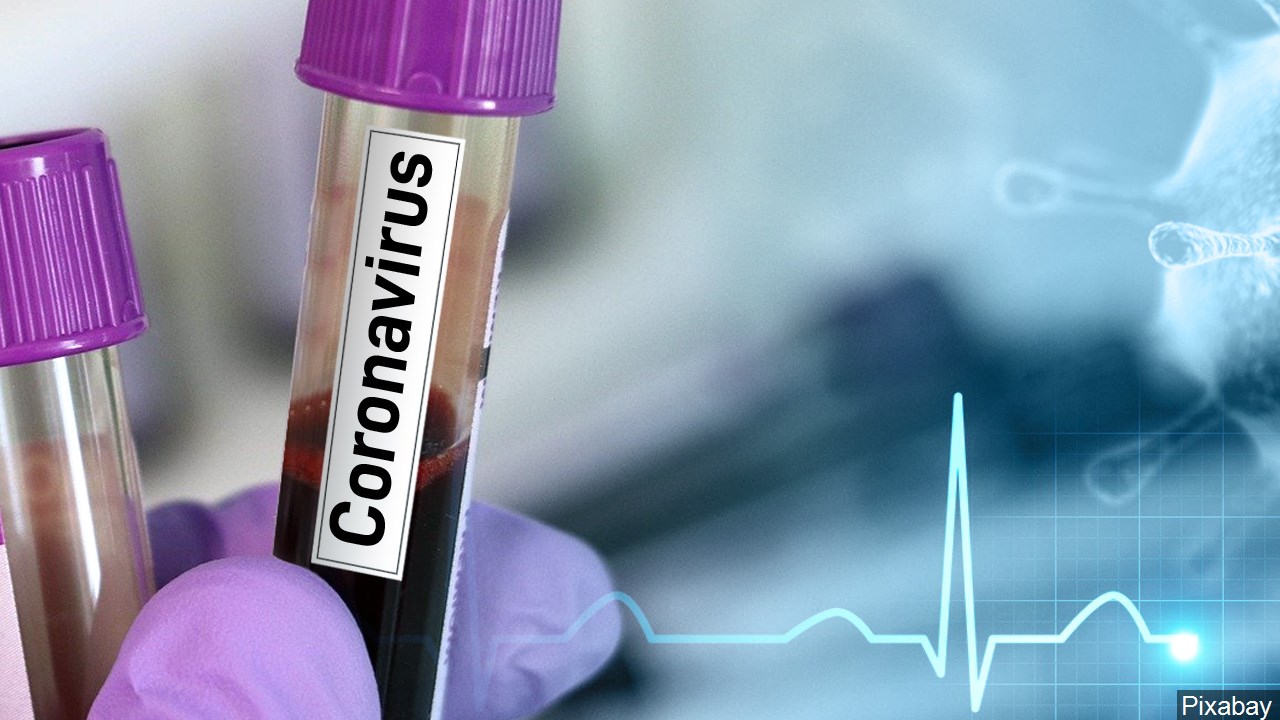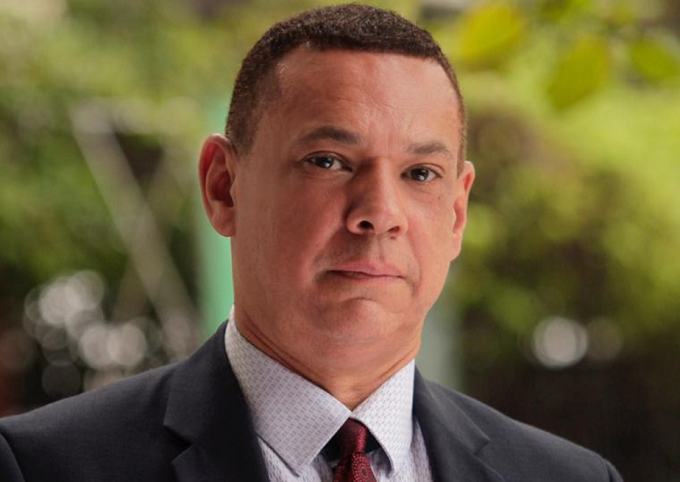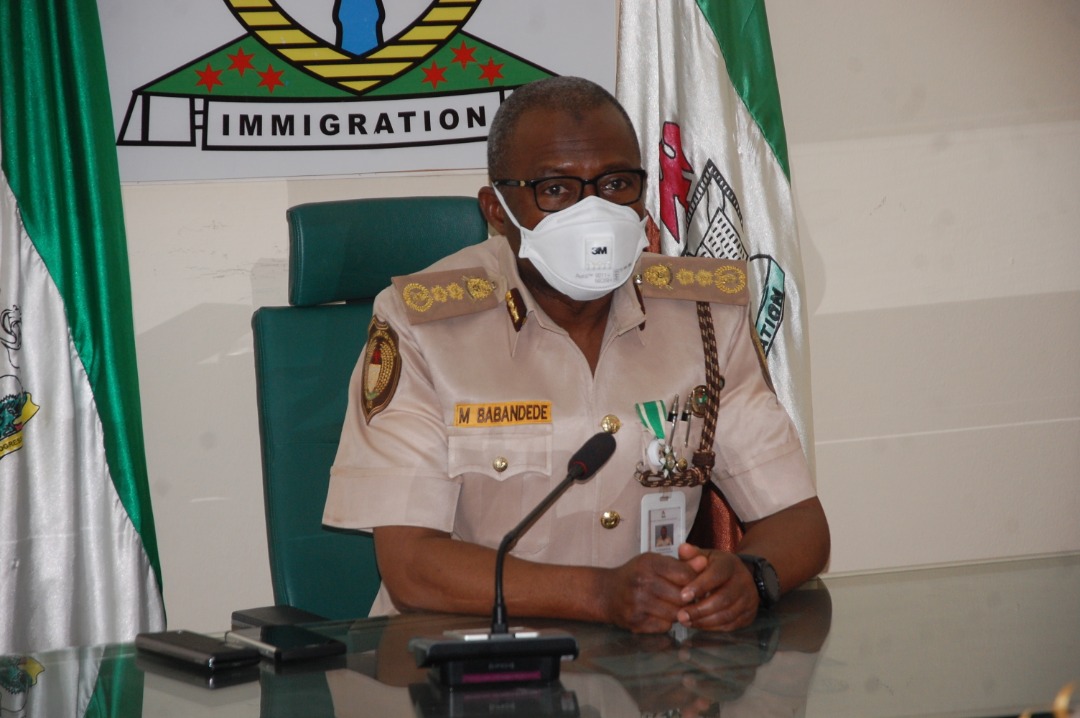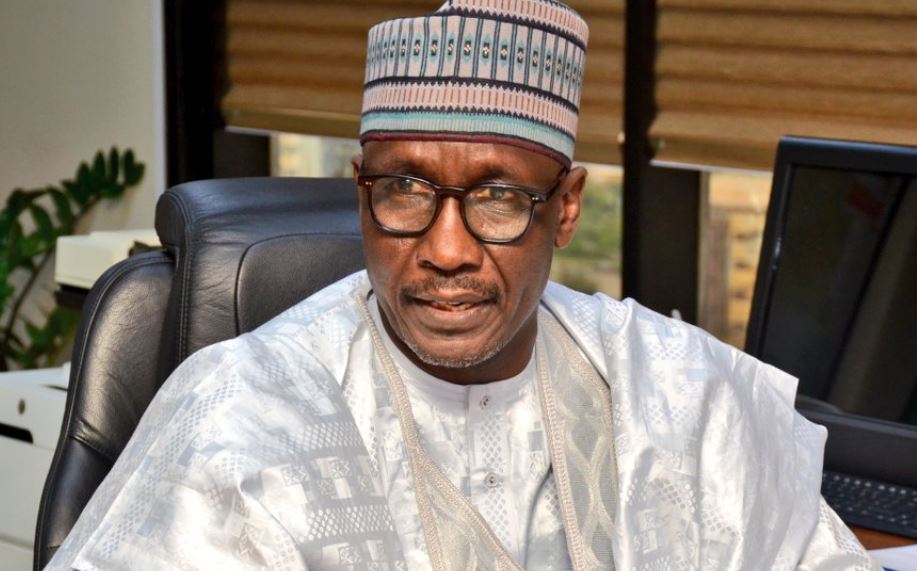File photo of internally displaced women
Representatives of humanitarian organisations have called for improved welfare for internally displaced women and girls in Nigeria.
The stakeholders from within and outside Nigeria emphasised the need to protect and empower internally displaced women and girls to enable them take on the challenges arising from the COVID-19 pandemic.
They made the call during a virtual conference tagged “Building the Resilience of Internally Displaced and Refugee Women and Girls in the COVID-19 Era”, organised by the National Commission for Refugees, Migrants and Internally Displaced Persons (NCFRMI) on Wednesday to mark the 2020 International Humanitarian Day.
Roger Hollo, deputy representative of the United Nations high commissioner for refugees (UNCHR), noted that internally displaced and refugee women and girls face security challenges, including abductions.
Advertisement
He expressed regret over how the pandemic, coupled with security challenges, had limited the economic activities of displaced women and impacted the resources available to their families.
“We need to empower women and girls in IDP and refugee communities to stand up for their rights and also be able to go out safely to access jobs and opportunities”, he said.
Moradeke Badru, project coordinator for English speaking West Africa, Public Services International (PSI), also lamented that refugee women and girls were affected by patriarchal system entrenched in the larger Nigerian society.
Advertisement
“More than 60 percent of IDPs in the northeast are women and children. There are lots of gaps in accessing antenatal and family planning commodities. There is need to strengthen the public health system and ensure the education of the girl child. IDPs and refugee women need decent jobs, social protection, and there should be maximum security around healthcare facilities and healthcare workers,” she said.
On her part, Sylvia Opinia, gender based violence coordinator, Nigeria, United Nations Population Fund (UNFPA), highlighted the need for refugee women to have access to quality health care.
George Ohwoekevwo, the health adviser at the refugees commission, also listed efforts by the agency to build the resilience of displaced women to include training in the making of face masks, soap and hand sanitiser, as well as distribution of items to prevent the spread of COVID-19 in the IDP camps.
He, however, called for more support from well-meaning Nigerians, local and international organisations to fill the gaps in the areas of community engagement, funding, partnerships, and capacity building.
Advertisement
Add a comment

